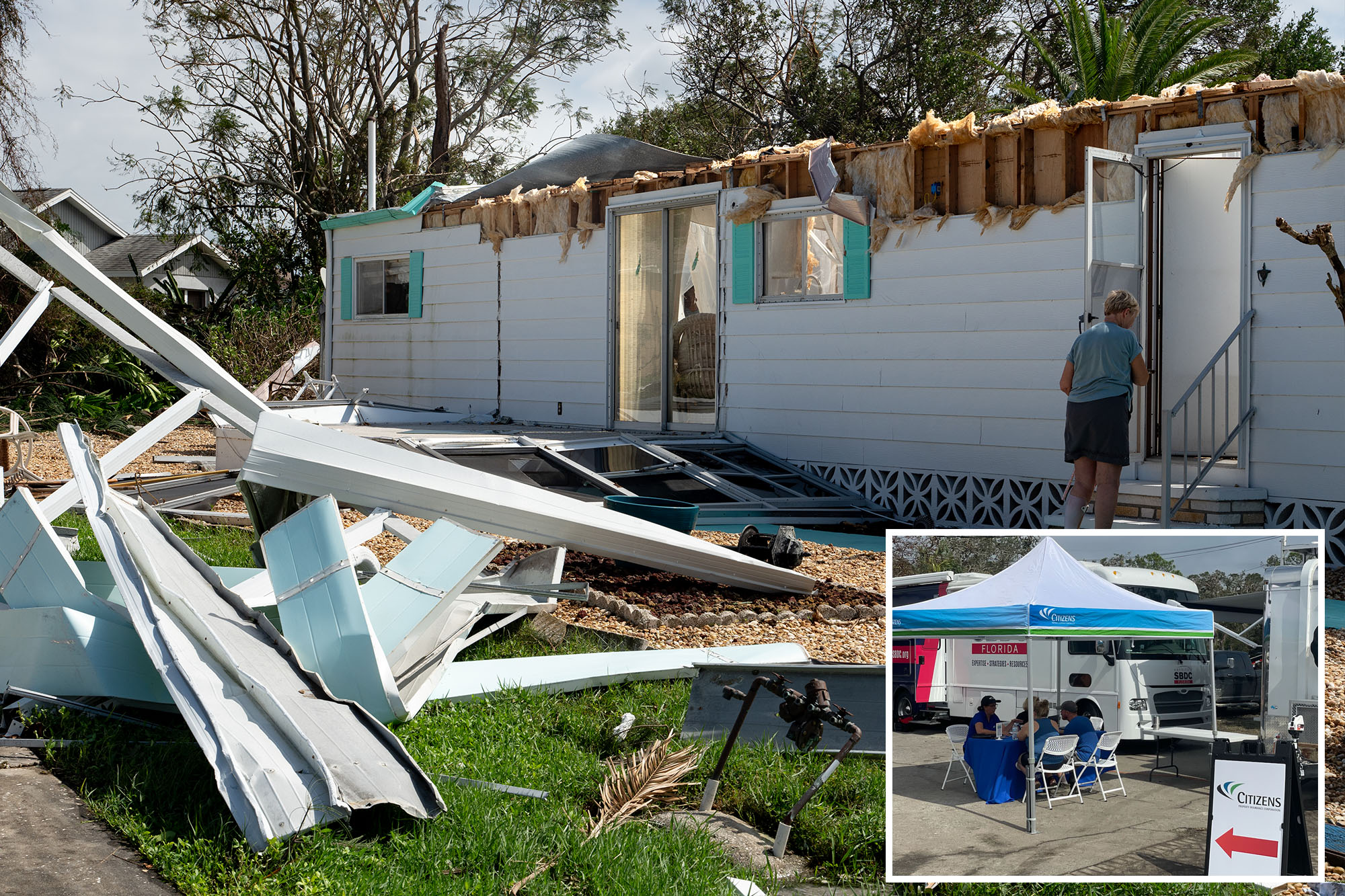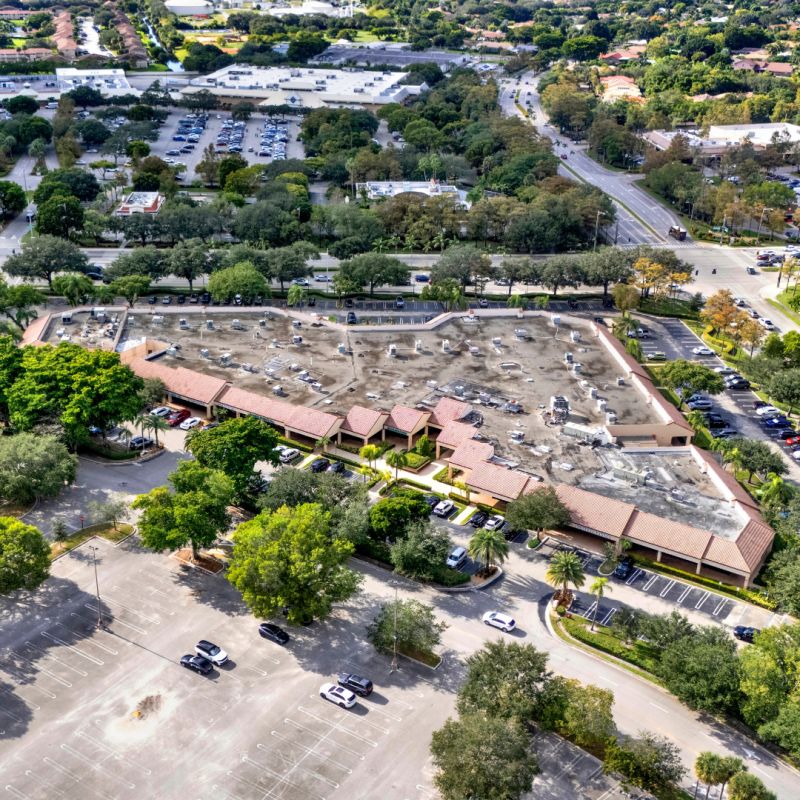F
lorida’s home‑insurance crisis has forced more than half a million homeowners to depend on the state’s insurer of last resort, Citizens Property Insurance Corporation. Private carriers have abandoned the market and premiums have surged, leaving Citizens as the sole viable option for many.
In 2023 lawmakers passed a bill that lets Citizens shift claim disputes from ordinary courts to the Division of Administrative Hearings (DOAH). The change was part of a broader effort to ease Citizens’ rate hikes and reduce its legal exposure amid a climate‑driven disaster surge. Florida experienced four billion‑dollar storms in 2022, eight in 2023, and eleven in 2024—nearly 40 % of all such events since 1980. As insurers exited, the state’s insurer absorbed more than 1.4 million policies, now projected to fall to just over 500 000 by year‑end.
The DOAH process is controversial. Administrative judges, not juries, decide cases; discovery is limited, and homeowners cannot simply walk away once a claim is routed there. Citizens pays the judges’ salaries, and the company has proposed spending $19 million on DOAH contracts through 2027, a tenfold increase over the $2 million approved for 2023‑24.
Citizens reports that only 1 % of its claims are sent to DOAH, yet its success rate there is over 90 %. In contrast, its win rate in traditional circuit courts is about 55 %. Settlements in DOAH are often minimal: half cost $500 or less, and 78 % never reach a final ruling. Critics argue that the limited legal avenues force homeowners to accept low payouts, even when repairs would cost far more.
The human cost is stark. Peter and Linda Kilfoil, after a water‑damage claim was denied, sued and had their case moved to DOAH, where the judge barred them from deposing the adjuster. Facing mounting stress and Peter’s cancer treatment, they settled for $500 before Peter died six months later. Jeffery McShane, after a burst pipe and mold damage, faced a $200 000 repair bill, but settled for $5 000 after Citizens denied his claim.
A turning point emerged when Martin Alvarez, after Hurricane Milton, challenged Citizens’ settlement offer. His case was routed to DOAH, but a Hillsborough County judge issued an injunction in August 2025, pausing the state‑wide use of DOAH. Judge Melissa Polo described the hearings as “structurally biased,” citing restricted discovery, lack of judicial review, and a pattern of awarding legal fees to Citizens even when homeowners dropped their claims.
Despite backlash, Citizens defends the system. CEO Tim Cerio calls critics politically motivated and claims the reforms saved Florida’s insurance market. He cites that 37 % of DOAH cases result in Citizens reversing its initial decision and paying out. The state highlights that 16 private insurers have entered the market since the reforms.
For the remaining Citizens policyholders—those with the fewest options and the greatest exposure to disaster—the promise of a fair, efficient process remains unfulfilled. The DOAH’s dominance, high win rate for the insurer, and low settlements suggest a system that still heavily favors Citizens, leaving many homeowners with little recourse and minimal compensation.














